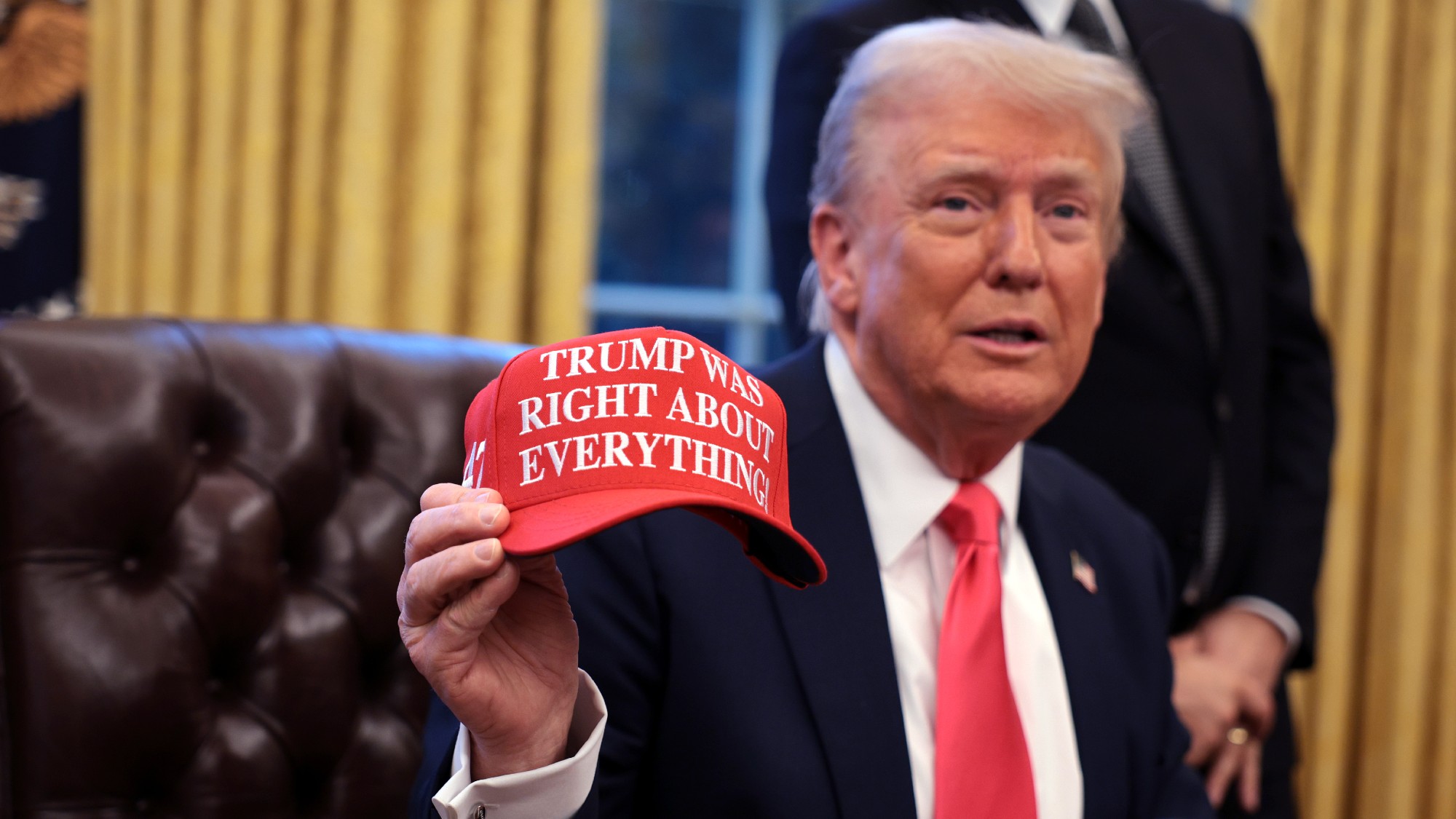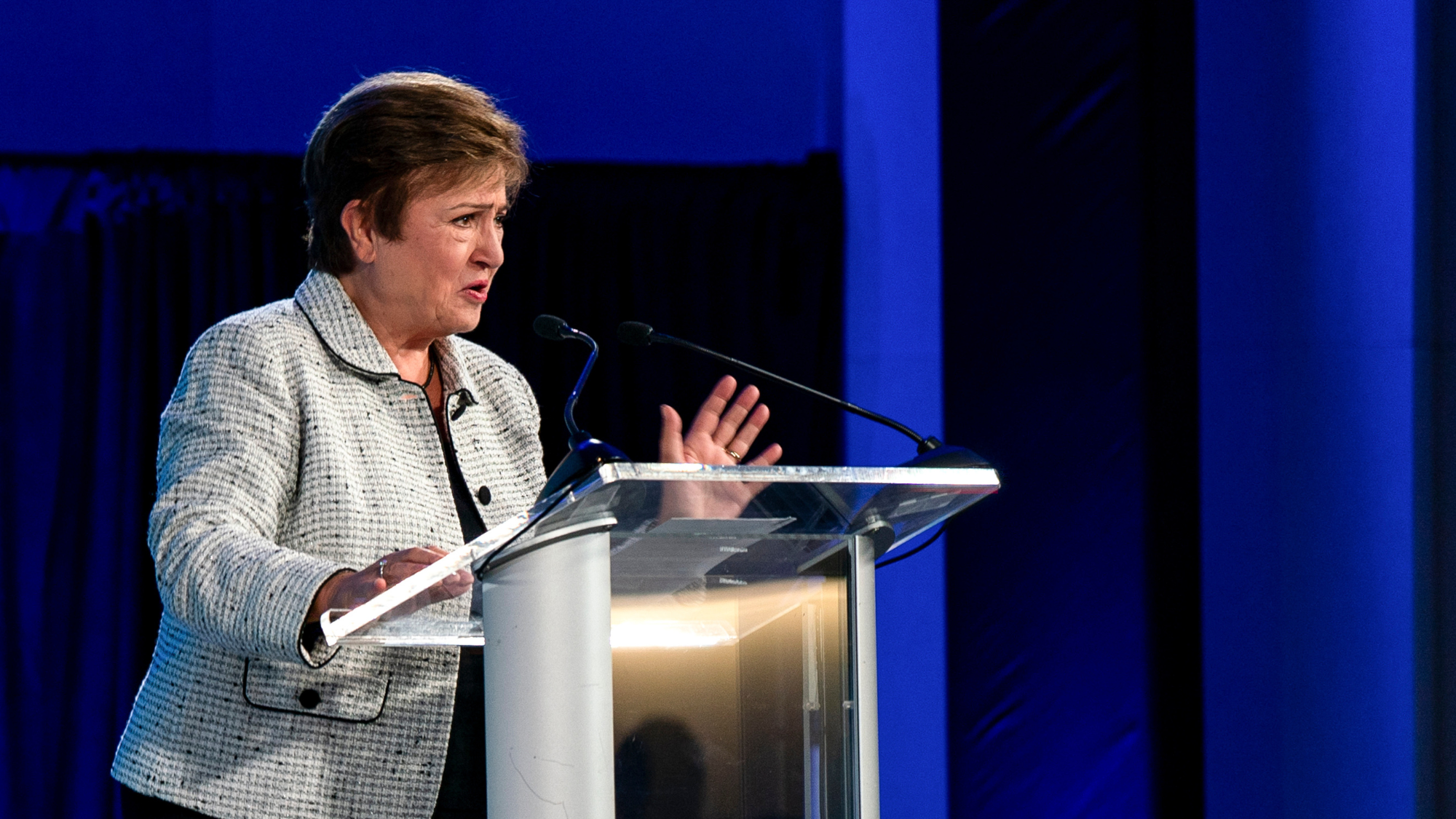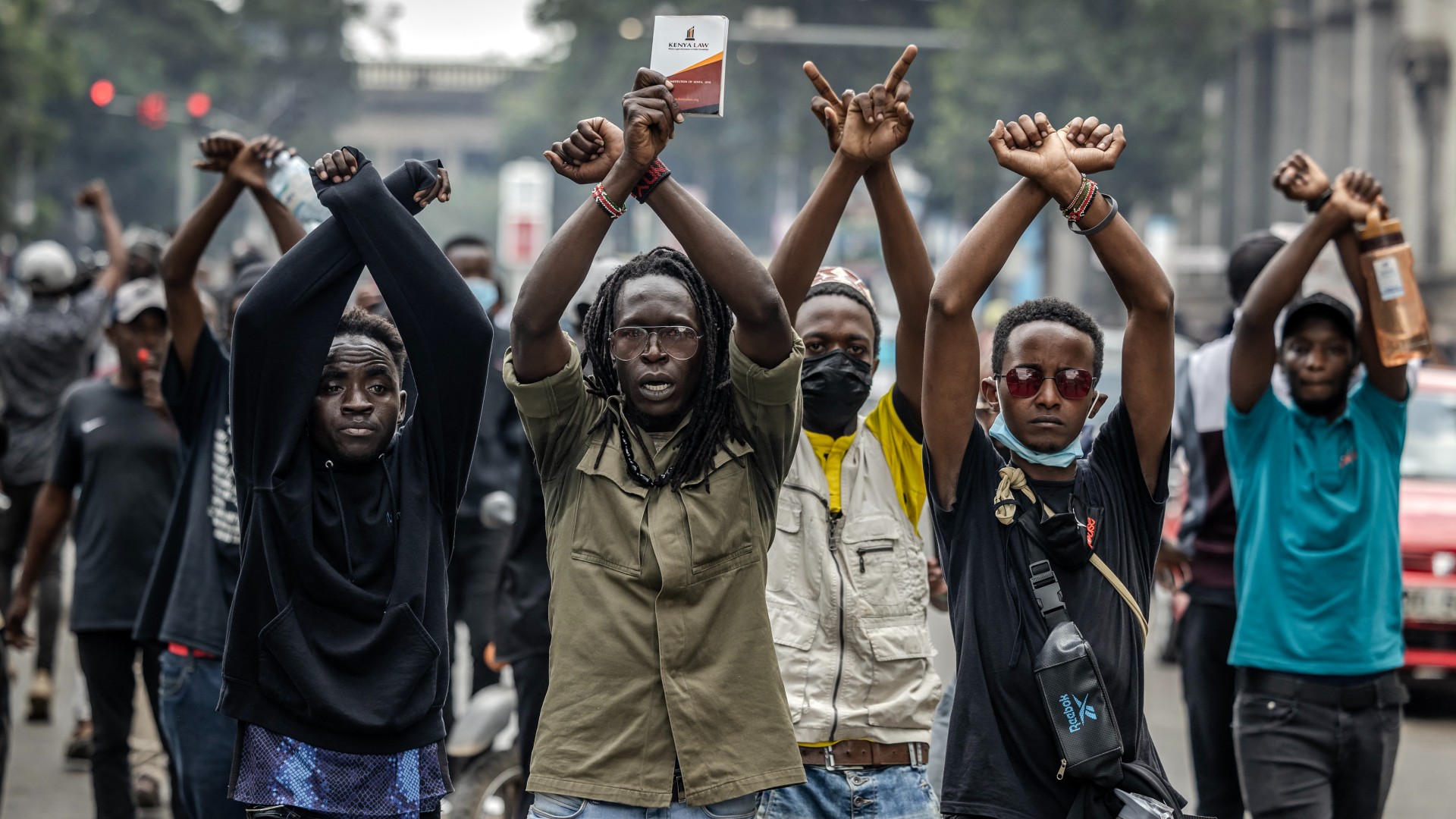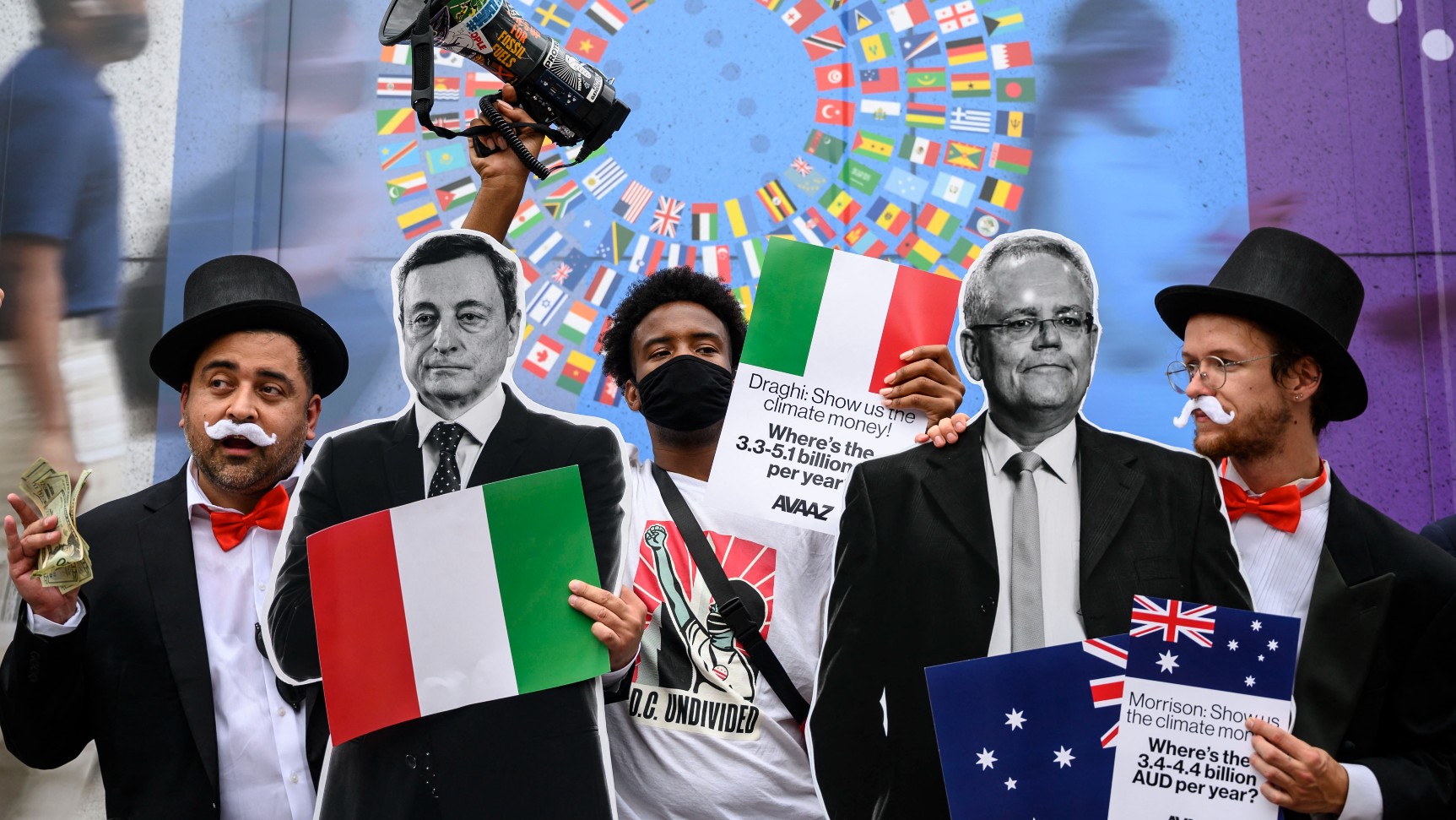Panama Papers: EU to force big firms to disclose tax details
But IMF chief Christine Lagarde pours cold water on hopes of a global tax authority

A free daily email with the biggest news stories of the day – and the best features from TheWeek.com
You are now subscribed
Your newsletter sign-up was successful
The European Union is to unveil plans to force large companies to disclose more about their tax affairs, following the Panama Papers revelations.
Britain's EU Commissioner, Lord Hill, will today set out proposals to make multinational firms with more than £600m in annual sales detail how much tax they pay and where.
"There is an important connection between our continuing work on tax transparency and tax havens that we are building into the proposal," Lord Hill has said.
The Week
Escape your echo chamber. Get the facts behind the news, plus analysis from multiple perspectives.

Sign up for The Week's Free Newsletters
From our morning news briefing to a weekly Good News Newsletter, get the best of The Week delivered directly to your inbox.
From our morning news briefing to a weekly Good News Newsletter, get the best of The Week delivered directly to your inbox.
According to the BBC, companies will now need to disclose information such as total new turnover, pre-tax profit, income tax due, amount of tax paid and accumulated earnings.
Country-by-country reporting rules already apply to banks as well as mining and forestry companies, but it is hoped the new plans will see this expanded to cover companies accounting for about 90 per cent of corporate revenues in the bloc, an EU spokesman told the corporation.
Meanwhile, Christine Lagarde, the managing director of the International Monetary Fund, has "poured cold water" on hopes that a global tax authority could be introduced, reports The Guardian. The idea of an intergovernmental UN tax body faces major obstacles from governments, she said.
"We need to be aware of the massive hurdles and obstacles along the way because taxation for the last century or so has been defined, conceptualised, designed, implemented on a purely territorial sovereign basis," said Lagarde.
A free daily email with the biggest news stories of the day – and the best features from TheWeek.com
"And if anything, levying taxation is considered as an attribute of sovereignty and anything that takes away from that is going to be very strongly opposed by many countries in the world, many forces."
However, she conceded that the current situation was not satisfactory and said it was an area "where we all have to think outside the box".
-
 What to know before filing your own taxes for the first time
What to know before filing your own taxes for the first timethe explainer Tackle this financial milestone with confidence
-
 The biggest box office flops of the 21st century
The biggest box office flops of the 21st centuryin depth Unnecessary remakes and turgid, expensive CGI-fests highlight this list of these most notorious box-office losers
-
 The 10 most infamous abductions in modern history
The 10 most infamous abductions in modern historyin depth The taking of Savannah Guthrie’s mother, Nancy, is the latest in a long string of high-profile kidnappings
-
 Is Trump's tariffs plan working?
Is Trump's tariffs plan working?Today's Big Question Trump has touted 'victories', but inflation is the 'elephant in the room'
-
 The World Bank and the IMF: still fit for purpose?
The World Bank and the IMF: still fit for purpose?In the Spotlight Washington meeting has renewed focus on whether 80-year-old Bretton Woods 'twin' institutions are able to tackle the challenges of the future
-
 Kenya unrest: a warning for Africa's future?
Kenya unrest: a warning for Africa's future?Today's Big Question Youth-led anger over unemployment, debt and corruption reflects tensions simmering across the continent
-
 How the world economy learned to live with the drama
How the world economy learned to live with the dramaUnder the Radar As economists predict a 'soft landing' after recent crises, is the global economy now 'oblivious to the new world disorder'?
-
 Has life in Russia regressed since the Ukraine invasion?
Has life in Russia regressed since the Ukraine invasion?Today's big question The 'war economy' has defied Western sanctions as ordinary citizens rally round the regime
-
 Is Brexit to blame for the current financial crisis?
Is Brexit to blame for the current financial crisis?Talking Point Some economists say leaving the EU is behind Britain’s worsening finances but others question the data
-
 The great lending game: IMF vs China
The great lending game: IMF vs Chinafeature Vulnerable countries face choice of restrictive ‘conditionalities’ or ‘debt-trap diplomacy’
-
 Labour shortages: the ‘most urgent problem’ facing the UK economy right now
Labour shortages: the ‘most urgent problem’ facing the UK economy right nowSpeed Read Britain is currently in the grip of an ‘employment crisis’